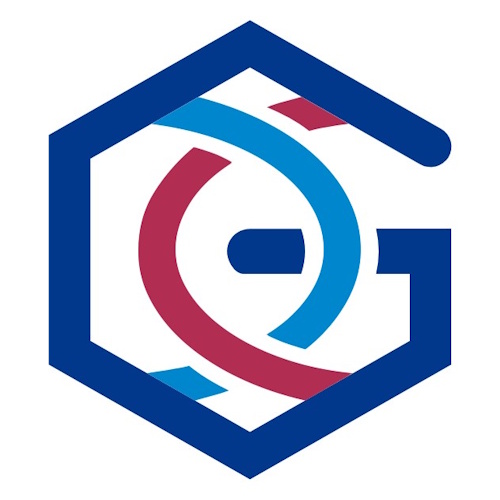Key points from article :
HuidaGene Therapeutics, a global biotech company, has received FDA clearance to advance its investigational CRISPR/Cas13 RNA-editing therapy, HG202, into clinical trials. Developed using artificial intelligence and machine learning through the company’s HG-PRECISE platform, HG202 is designed to treat neovascular age-related macular degeneration (nAMD), a leading cause of vision loss. The phase one BRIGHT trial will soon begin enrolling patients to evaluate the therapy's safety and effectiveness at different doses.
The HG-PRECISE platform uses AI to accelerate the discovery of Cas proteins and predict their assembly from metagenomic databases. Lead scientist Dr. Hui Yang, HuidaGene's cofounder and chief scientific advisor, explained that the platform enabled the development of a highly accurate Cas13Y editor with low off-target effects, laying a foundation for future clinical applications.
This breakthrough reflects a broader trend in biotechnology, where CRISPR-based gene editing, originally developed over a decade ago, is being harnessed for therapeutic and diagnostic purposes. While the potential is enormous, experts caution that gene editing carries ethical and safety risks, as changes to genetic material can be permanent and passed down through generations. Other companies, like Profluent, are also exploring AI-powered CRISPR technologies, highlighting the growing intersection of machine learning and genetic engineering.






